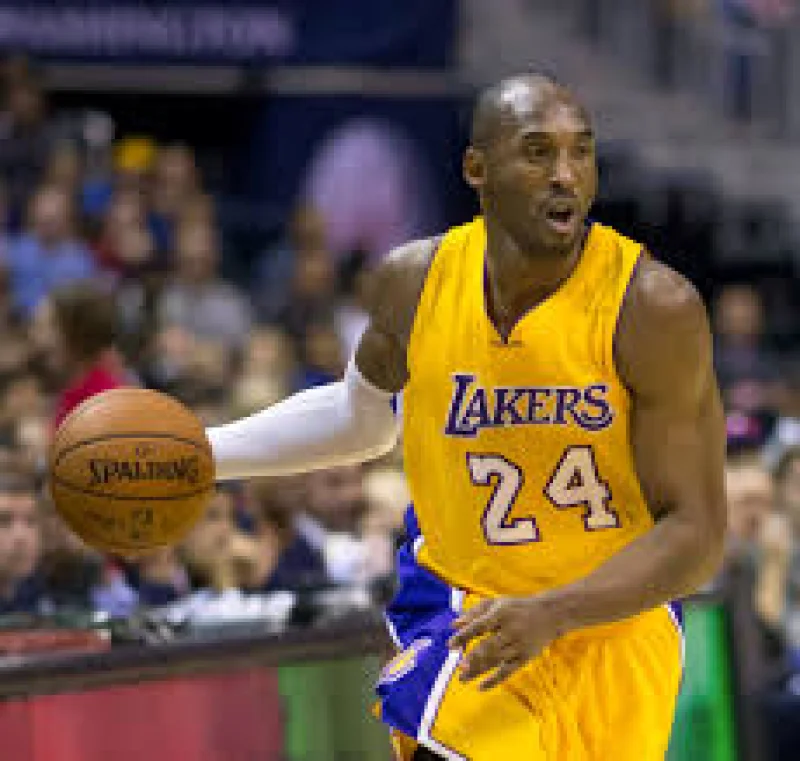Short Summary
Mario Lemieux is a celebrated Canadian ice hockey player renowned for his extraordinary skill and leadership on the ice. As a legendary figure in the sport, he played the majority of his career with the Pittsburgh Penguins in the National Hockey League (NHL). Known for his remarkable scoring ability and perseverance through health challenges, Lemieux's contributions to the game have earned him a place among the greatest hockey players of all time. His legacy extends beyond his playing career, as he also made significant impacts as an owner and executive.
Early Life & Education
Mario Lemieux was born on October 5, 1965, in Montreal, Quebec, Canada. Growing up in a modest household, he was the youngest of three brothers. From a young age, he demonstrated a natural talent for hockey, encouraged by his father, who built a rink in the family's backyard. Lemieux played in local leagues and quickly stood out for his exceptional skills. He attended Polyvalente Édouard-Montpetit for his education, balancing academics with his growing commitment to hockey. His early influences included his family and the vibrant hockey culture of Quebec, which set the foundation for his future success in the sport.
Career Highlights
Lemieux's professional career began when he was drafted first overall by the Pittsburgh Penguins in 1984. He quickly made an impact, earning the Calder Memorial Trophy as the NHL's Rookie of the Year. His career was marked by numerous accolades, including multiple Art Ross Trophies for leading the league in scoring. Despite battling serious health issues, including Hodgkin's lymphoma, he returned to lead the Penguins to two consecutive Stanley Cup championships in 1991 and 1992. After retiring in 1997, he made a remarkable comeback in 2000, further solidifying his status as a hockey legend.
Major Achievements
- Inducted into the Hockey Hall of Fame in 1997, recognizing his outstanding contribution to the sport.
- Won the Hart Memorial Trophy as the NHL's Most Valuable Player three times (1988, 1993, 1996).
- Led the Pittsburgh Penguins to Stanley Cup victories in 1991 and 1992 as a player.
- Returned from retirement to play in the 2002 Winter Olympics, winning a gold medal for Canada.
- Owned and served as chairman of the Pittsburgh Penguins, contributing to their success off the ice.
Famous Quotes
- "Every day is a great day for hockey."
- "I just wanted to be a hockey player."
Interesting Facts
- Lemieux was diagnosed with Hodgkin's lymphoma in 1993 but returned to the NHL after successful treatment.
- He is the only person in NHL history to have won the Stanley Cup as both a player and an owner.
- Lemieux's jersey number, 66, was retired by the Pittsburgh Penguins in honor of his contributions to the team.
- He became the first player in NHL history to score a goal in each of the five possible game situations in a single game.
- Mario Lemieux Foundation was established to fund medical research and aid in cancer patient care.
Legacy / Influence
Mario Lemieux's influence on hockey is profound, both as a player and a team owner. His resilience in overcoming personal and health challenges serves as an inspiration to athletes worldwide. As a key figure in the Pittsburgh Penguins' history, he helped transform the team into a formidable franchise. His dedication to the sport and charitable efforts continue to make a significant impact, ensuring his legacy endures in the world of hockey and beyond.
FAQ
Q: Why is Mario Lemieux famous?
A: He is famous for his exceptional hockey career, marked by numerous individual awards and team successes, including multiple Stanley Cup victories.
Q: What health challenges did Mario Lemieux face?
A: He was diagnosed with Hodgkin's lymphoma in 1993 but returned to play hockey after successful treatment.
Q: Did Mario Lemieux win an Olympic gold medal?
A: Yes, he won a gold medal with the Canadian national team at the 2002 Winter Olympics.
Q: What is the Mario Lemieux Foundation?
A: It is a charitable organization founded to fund medical research and support cancer patients and their families.









